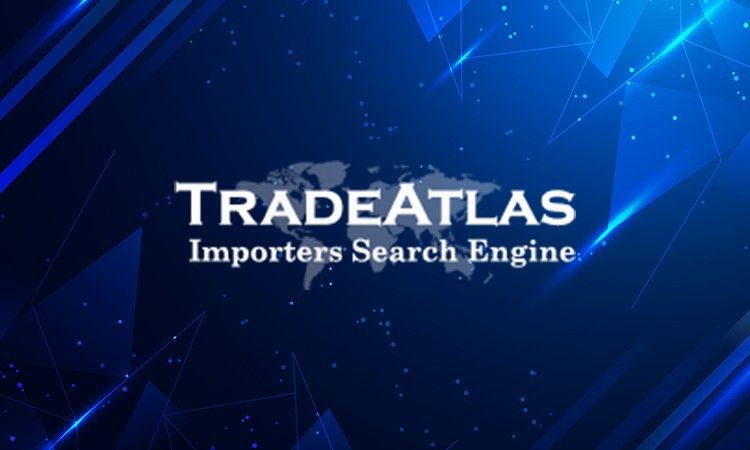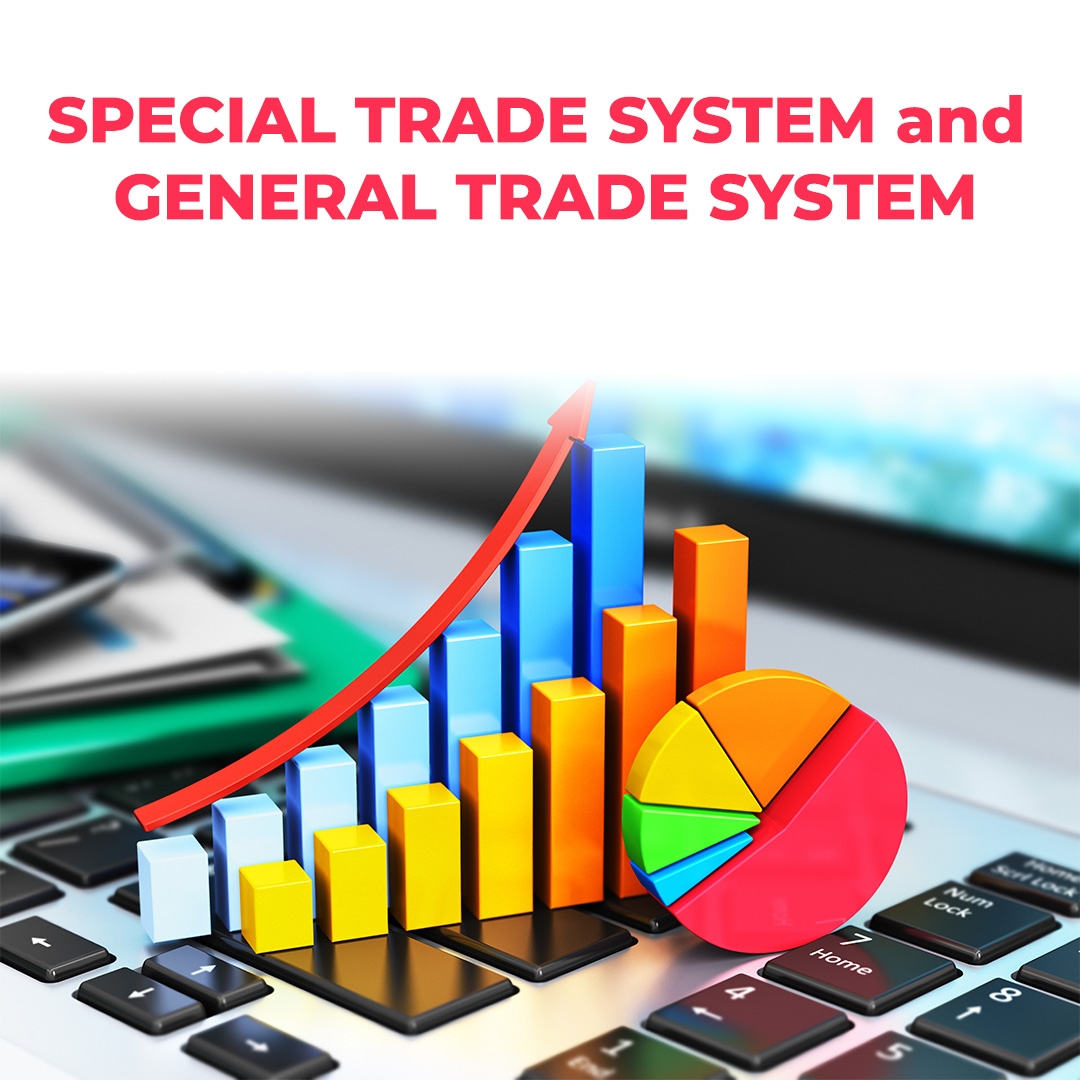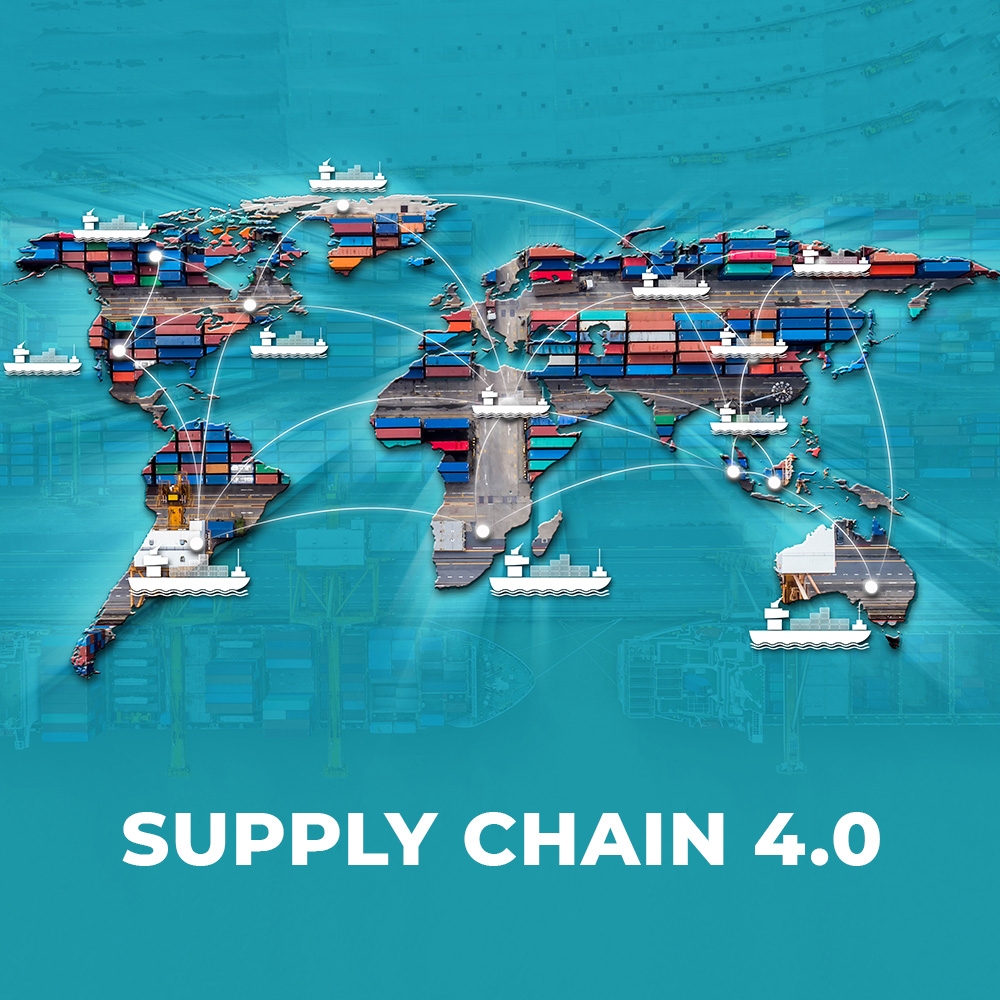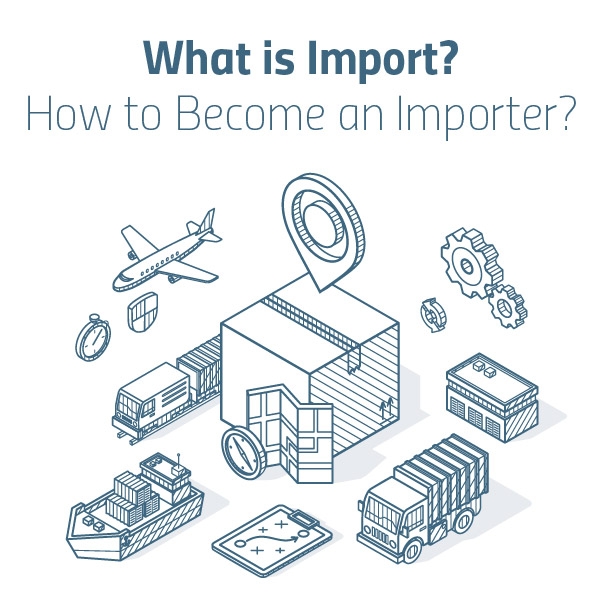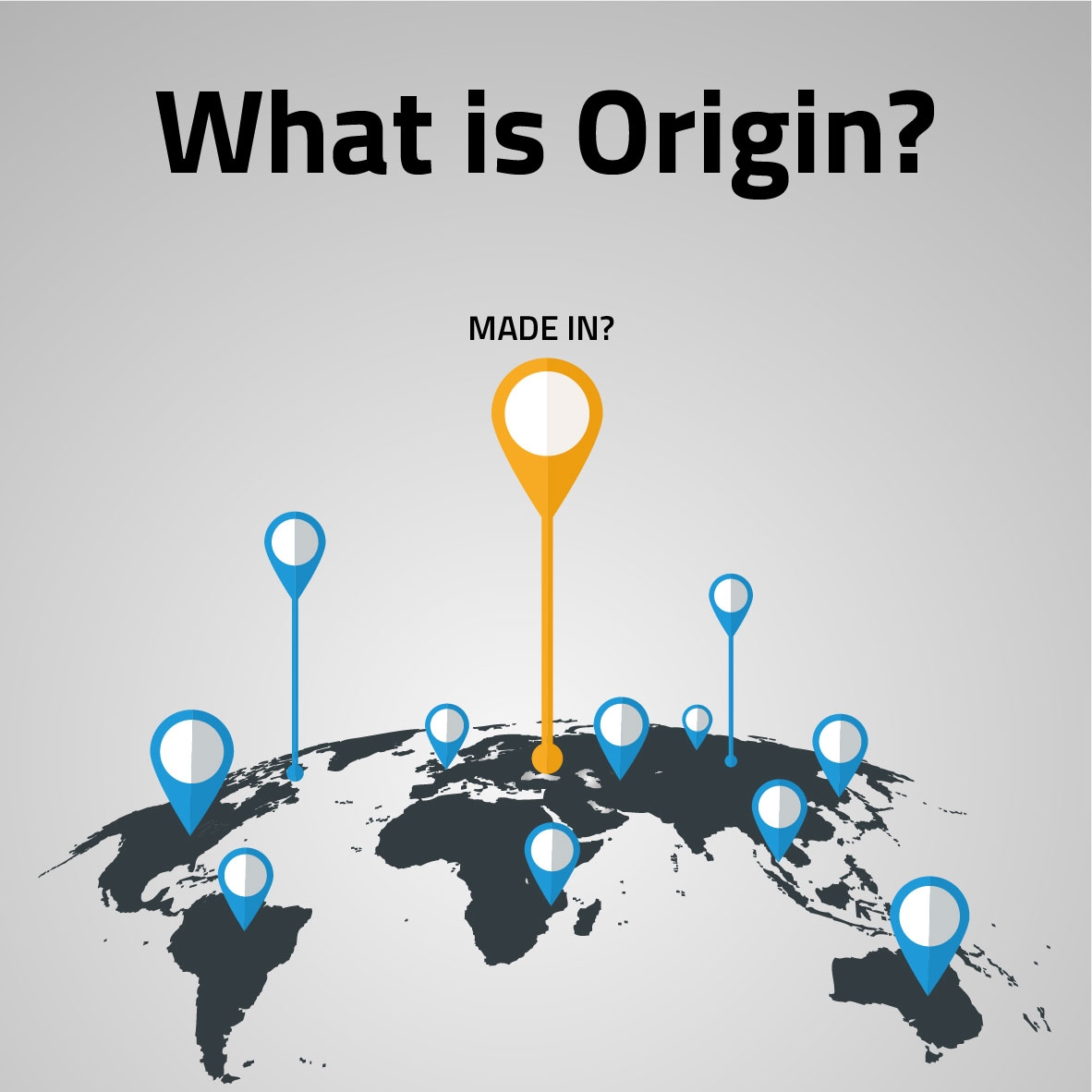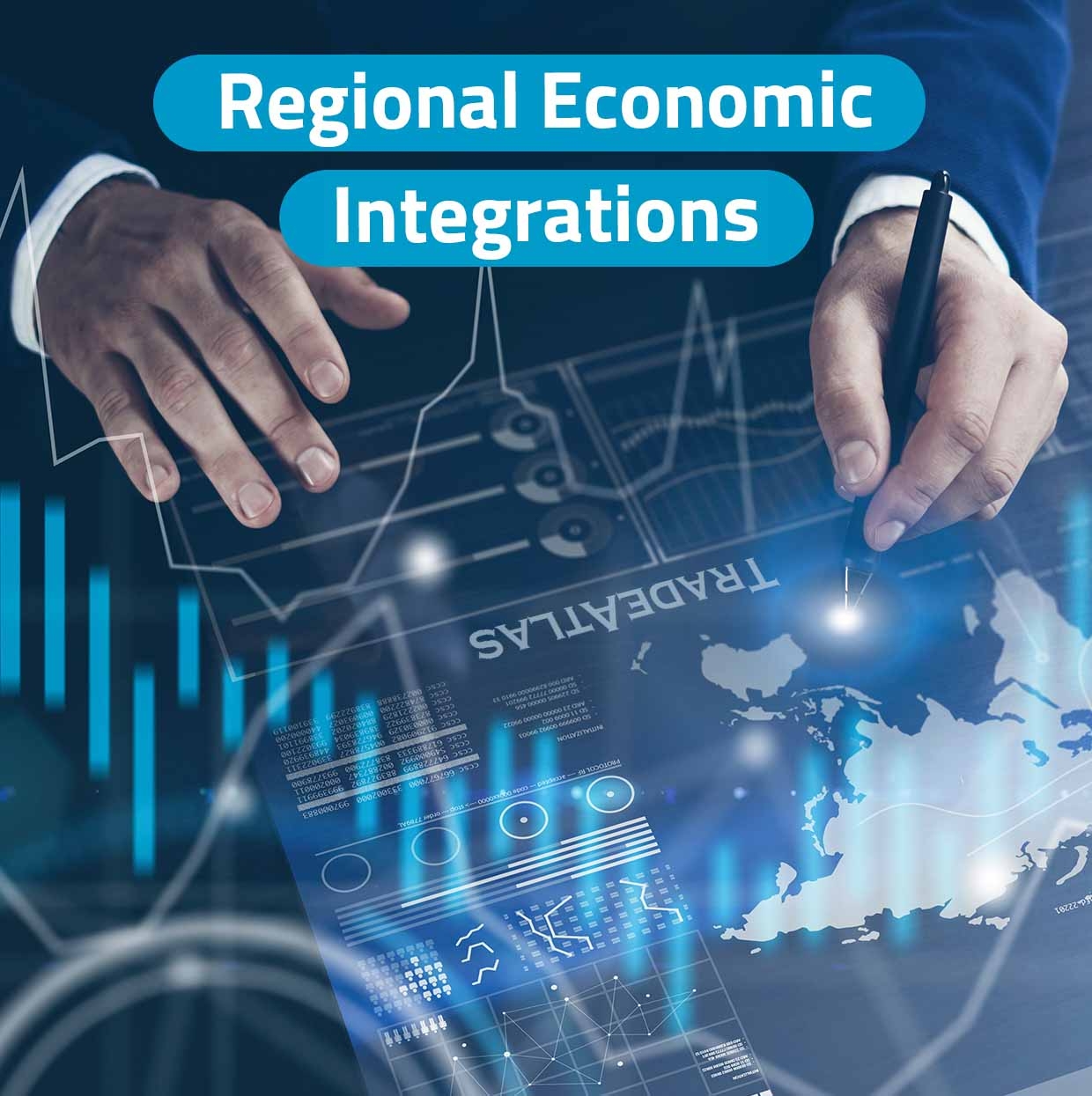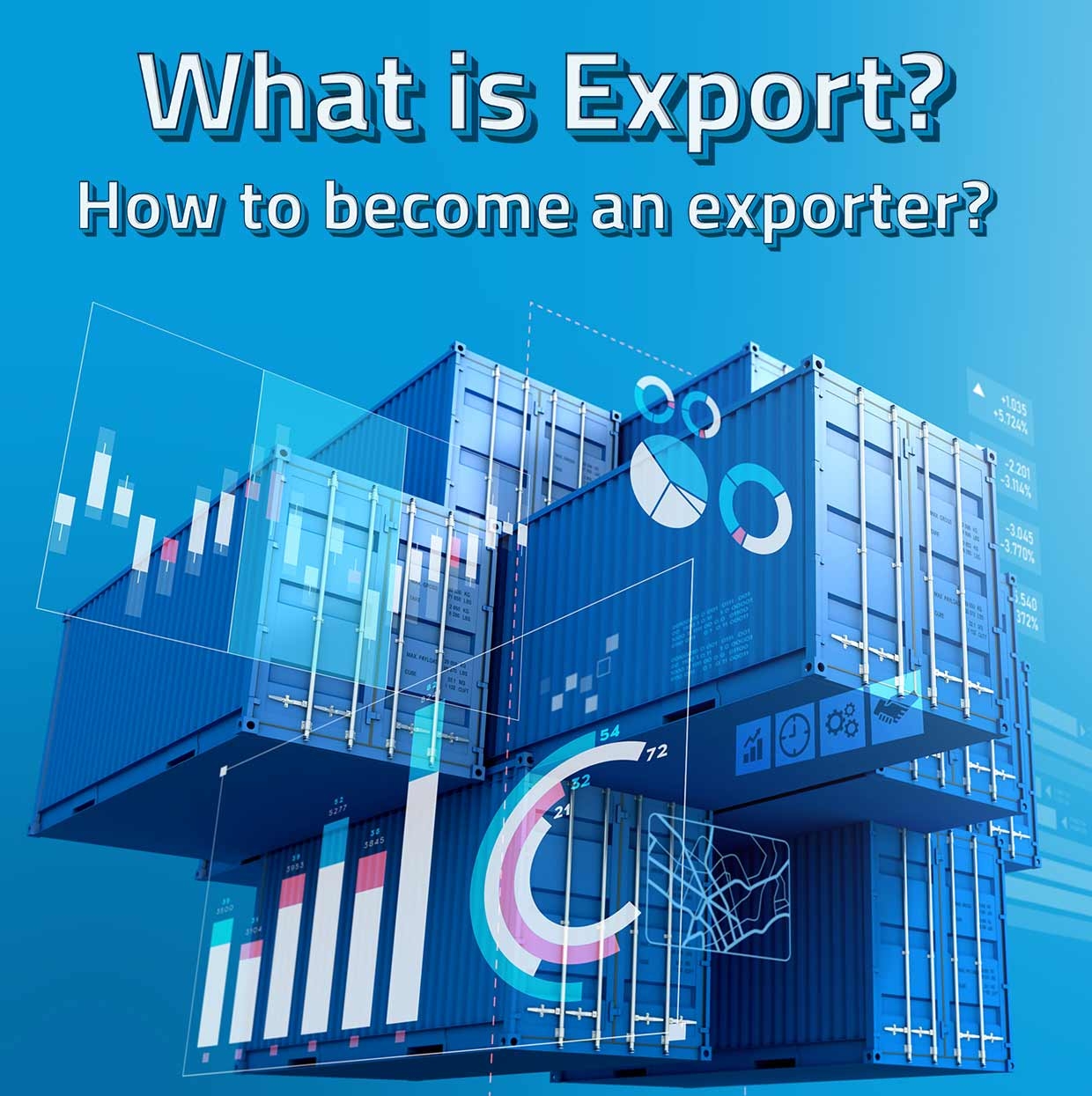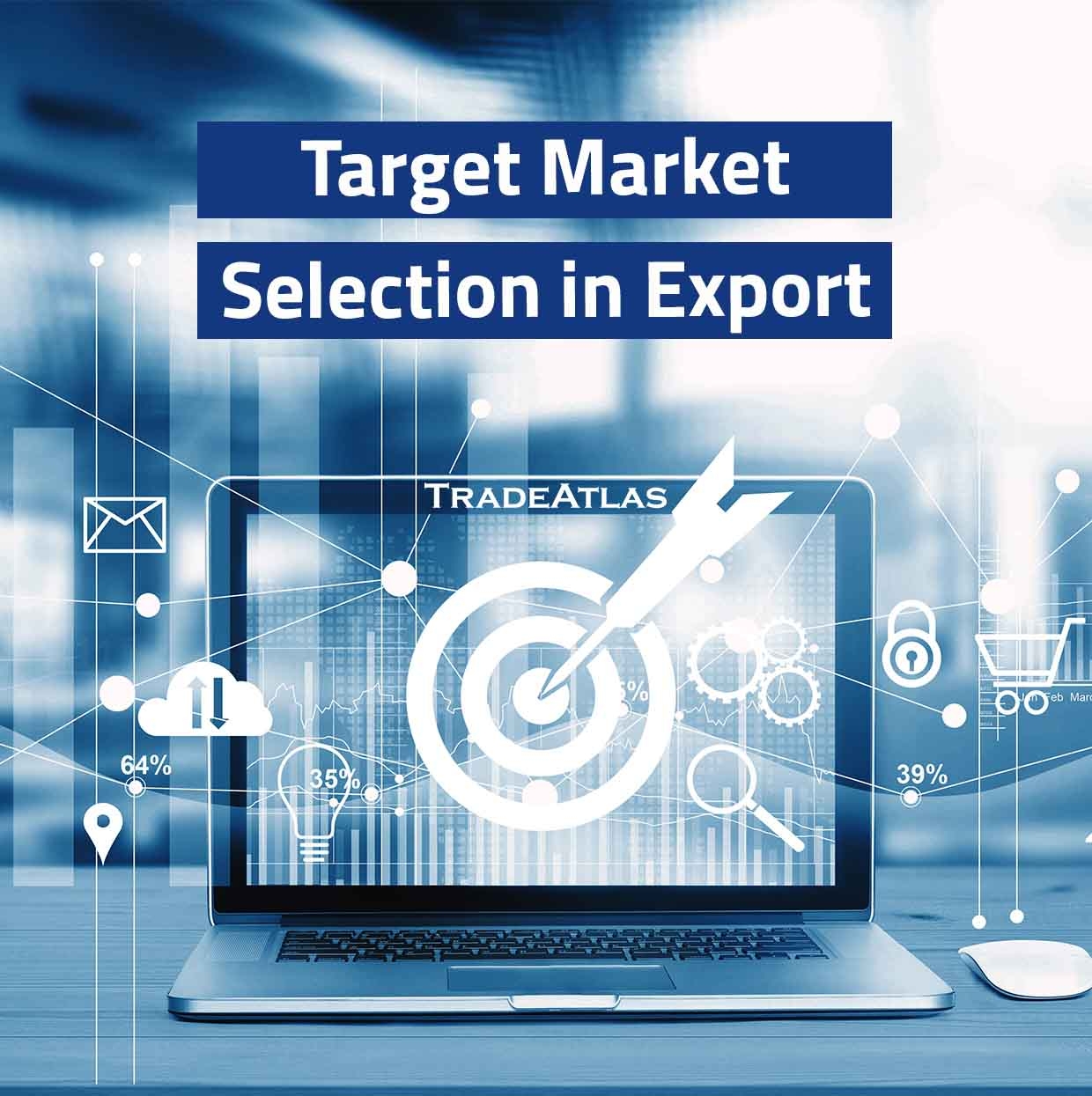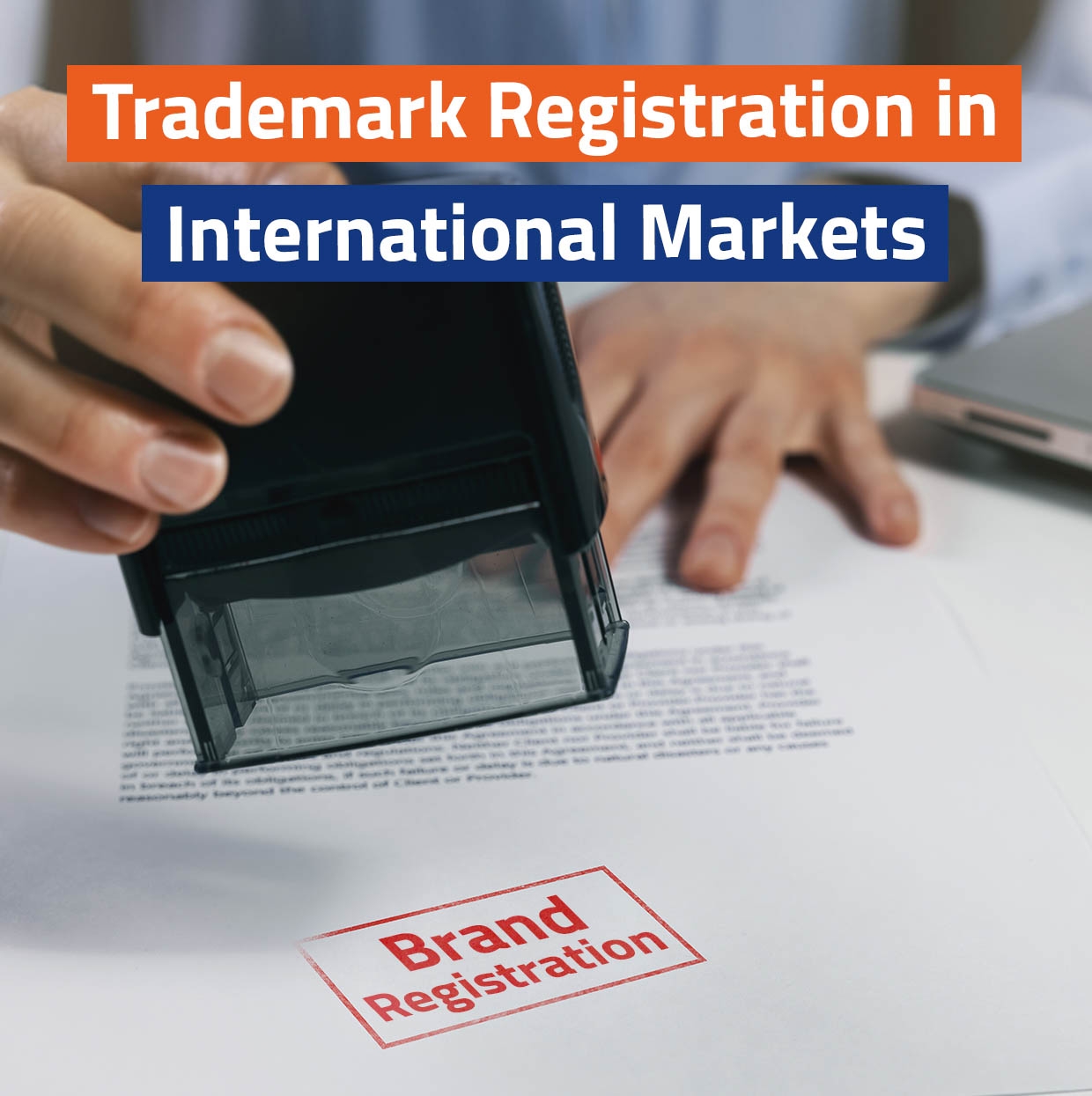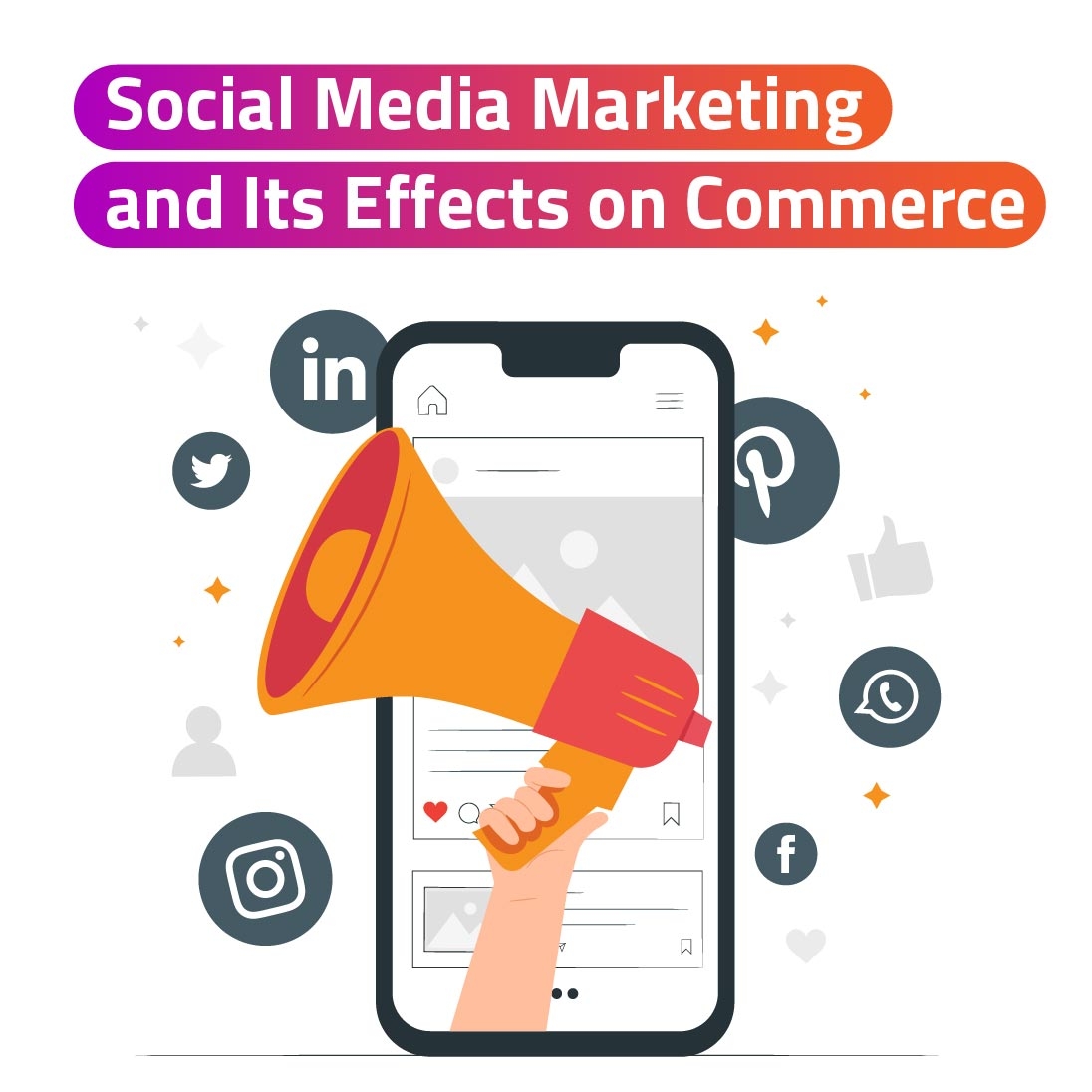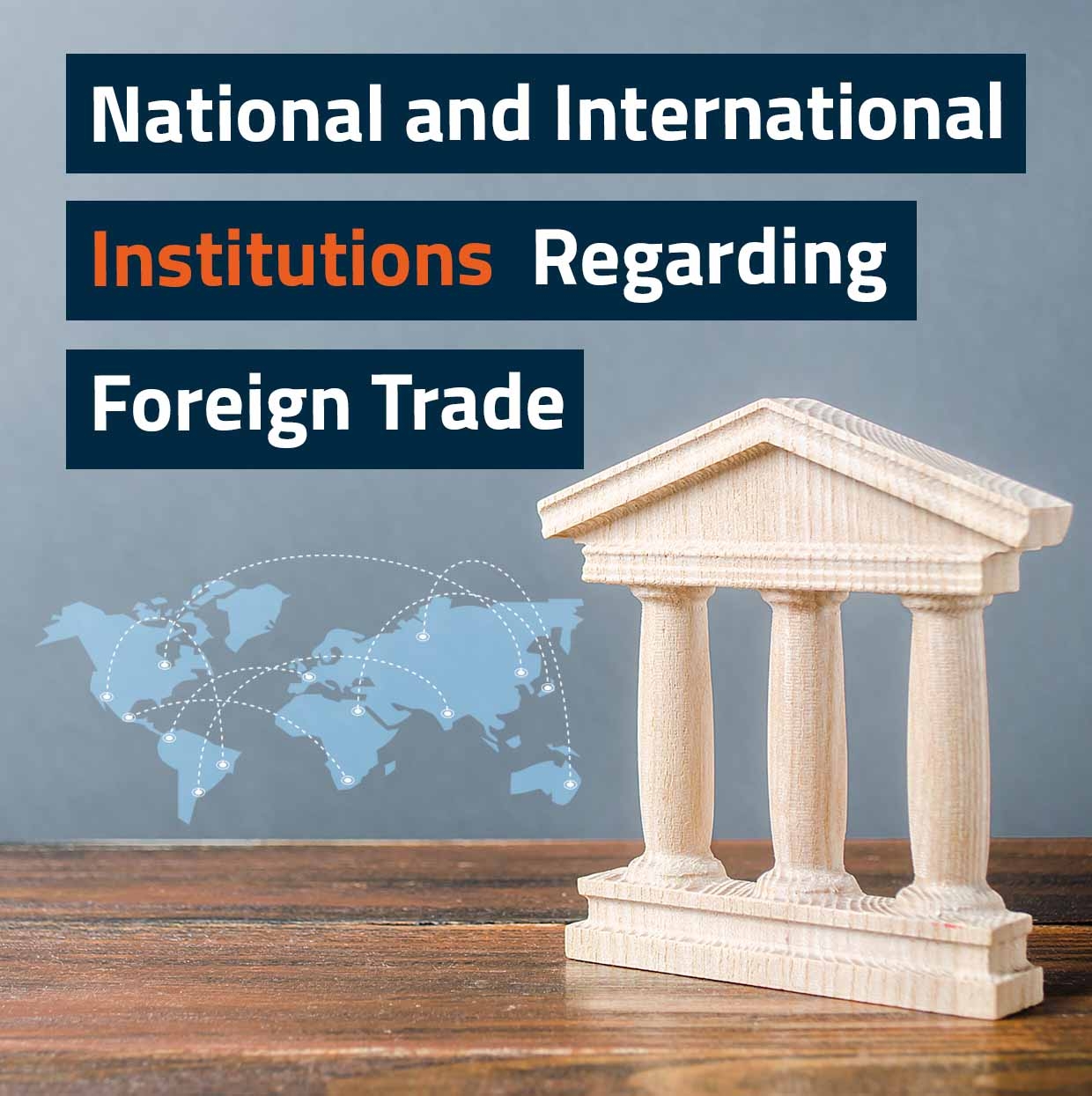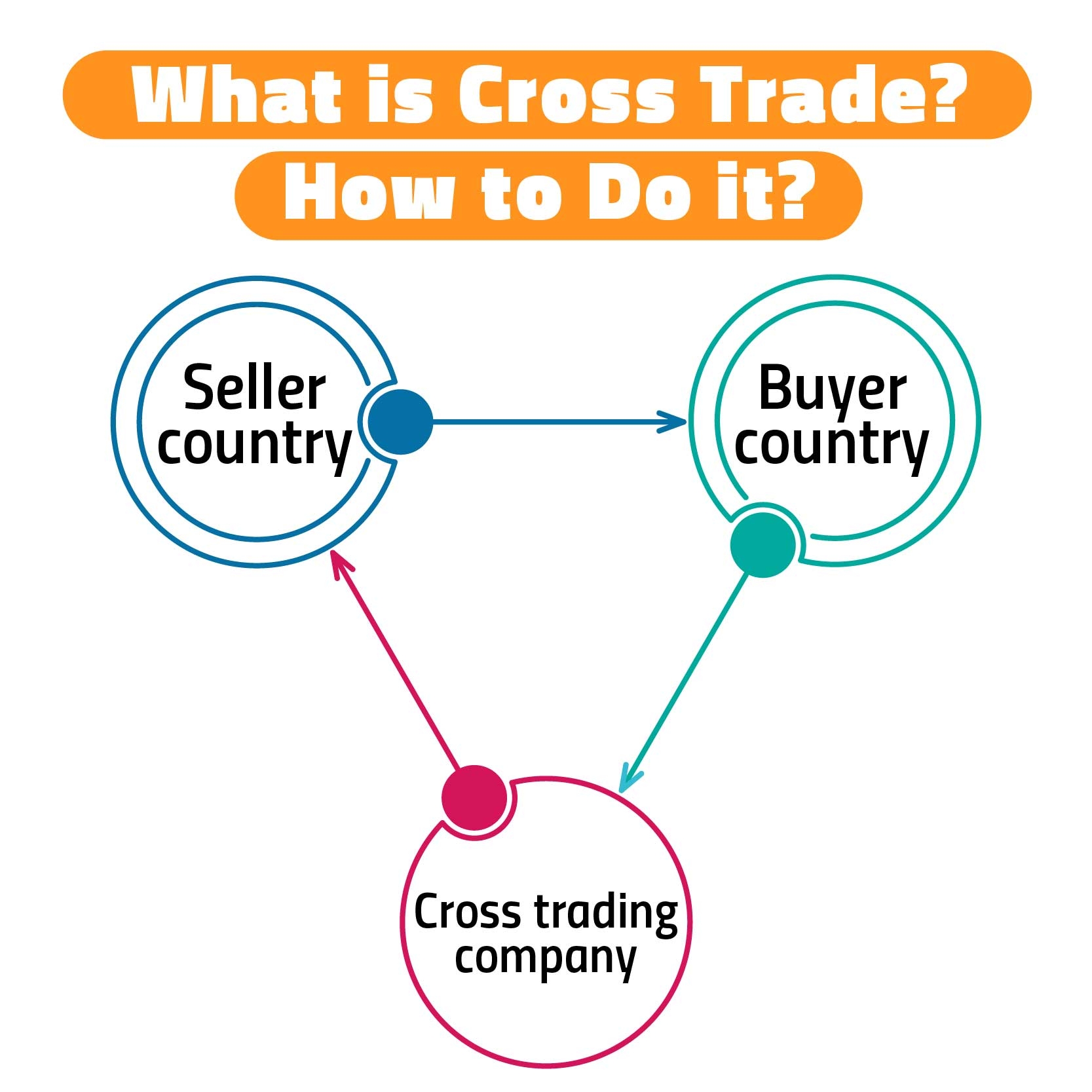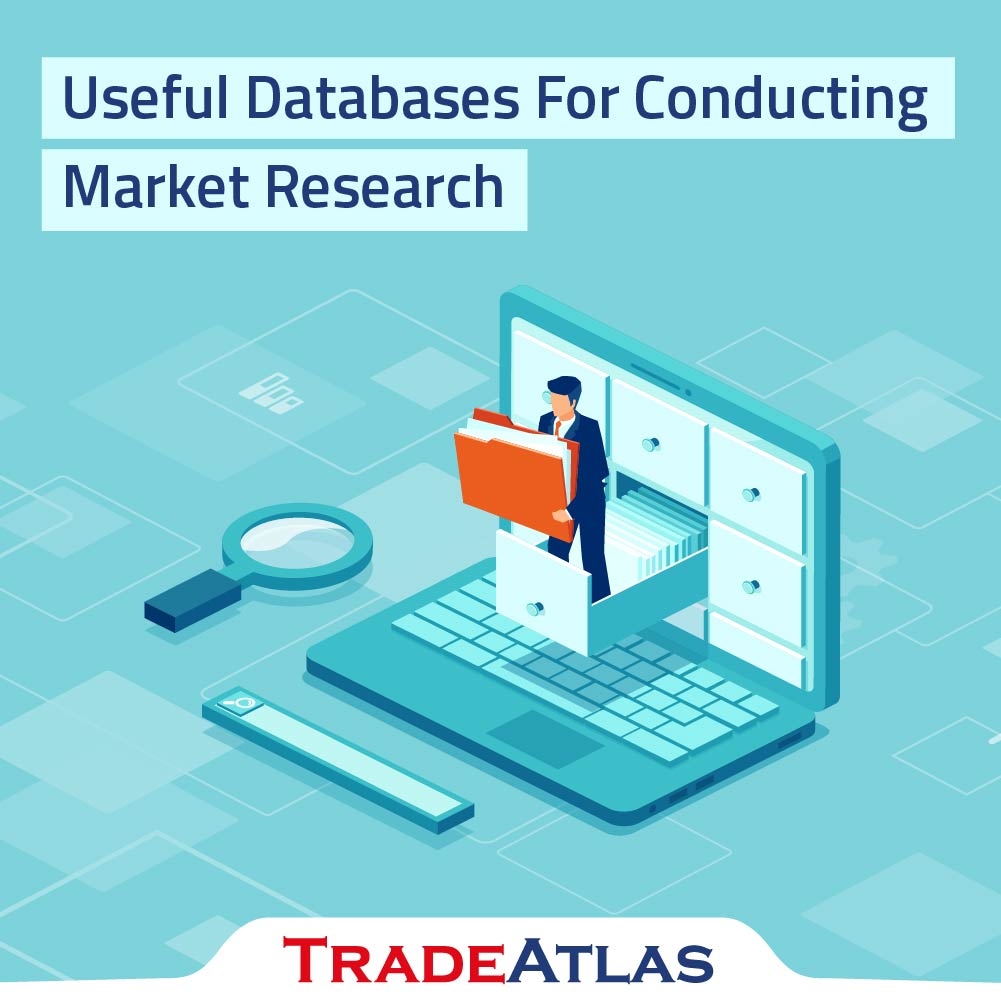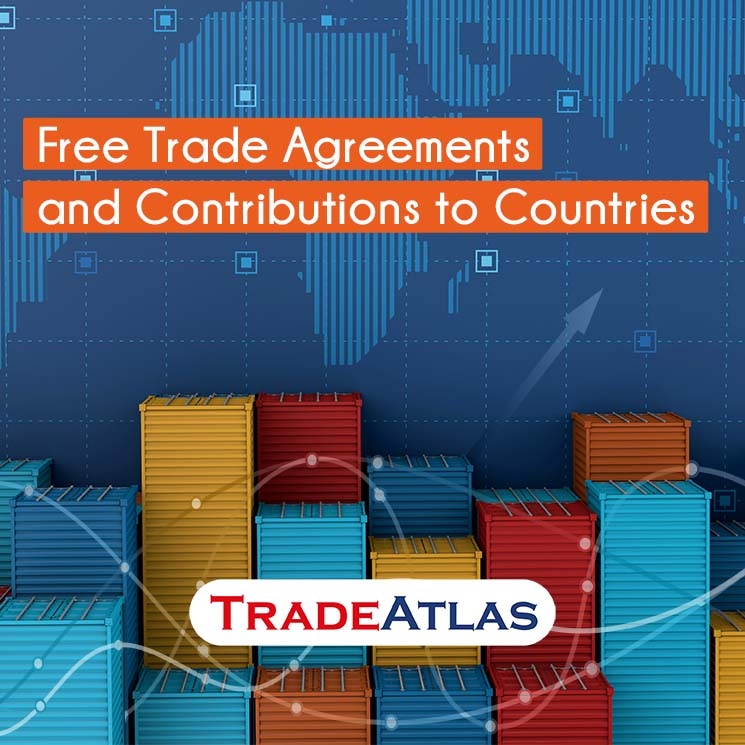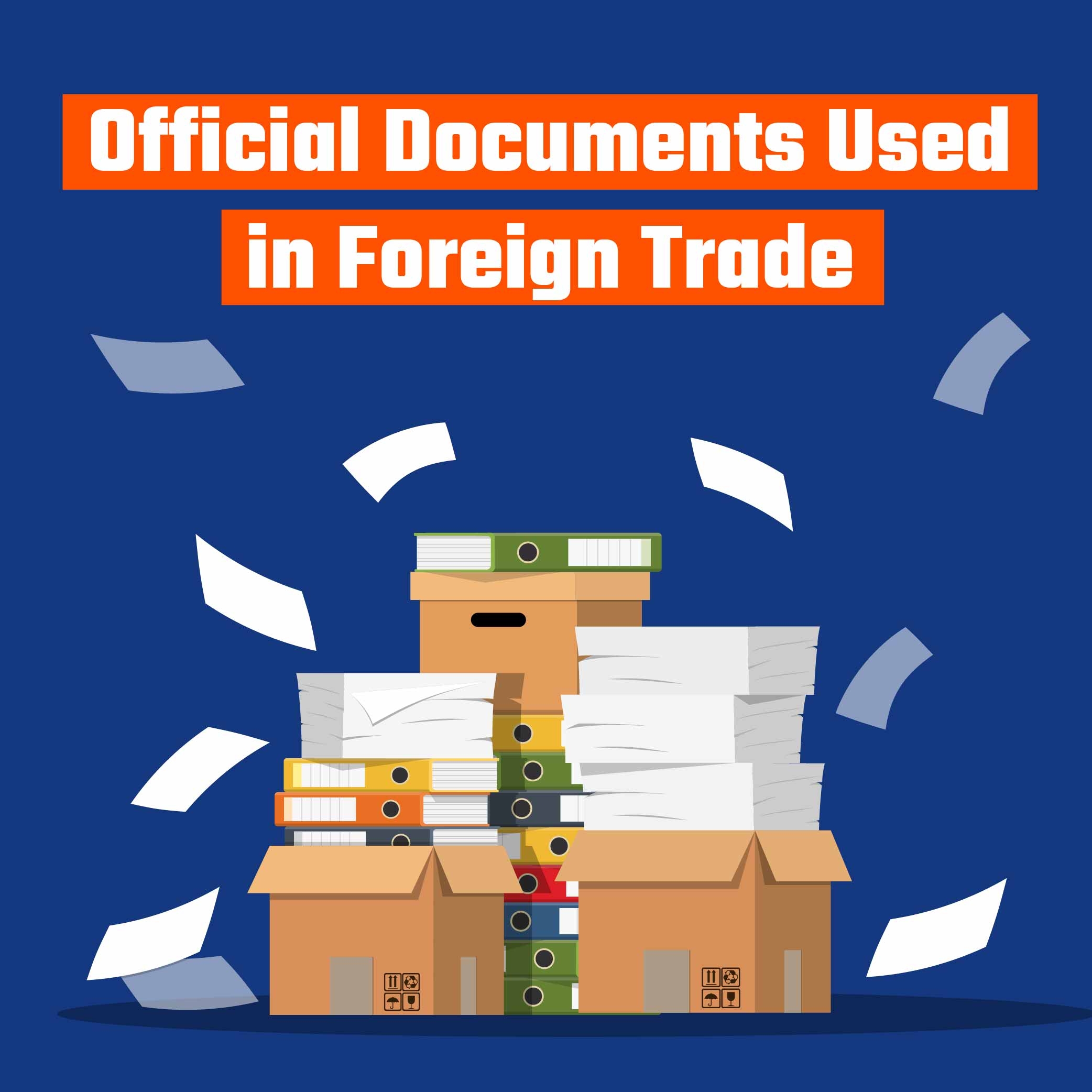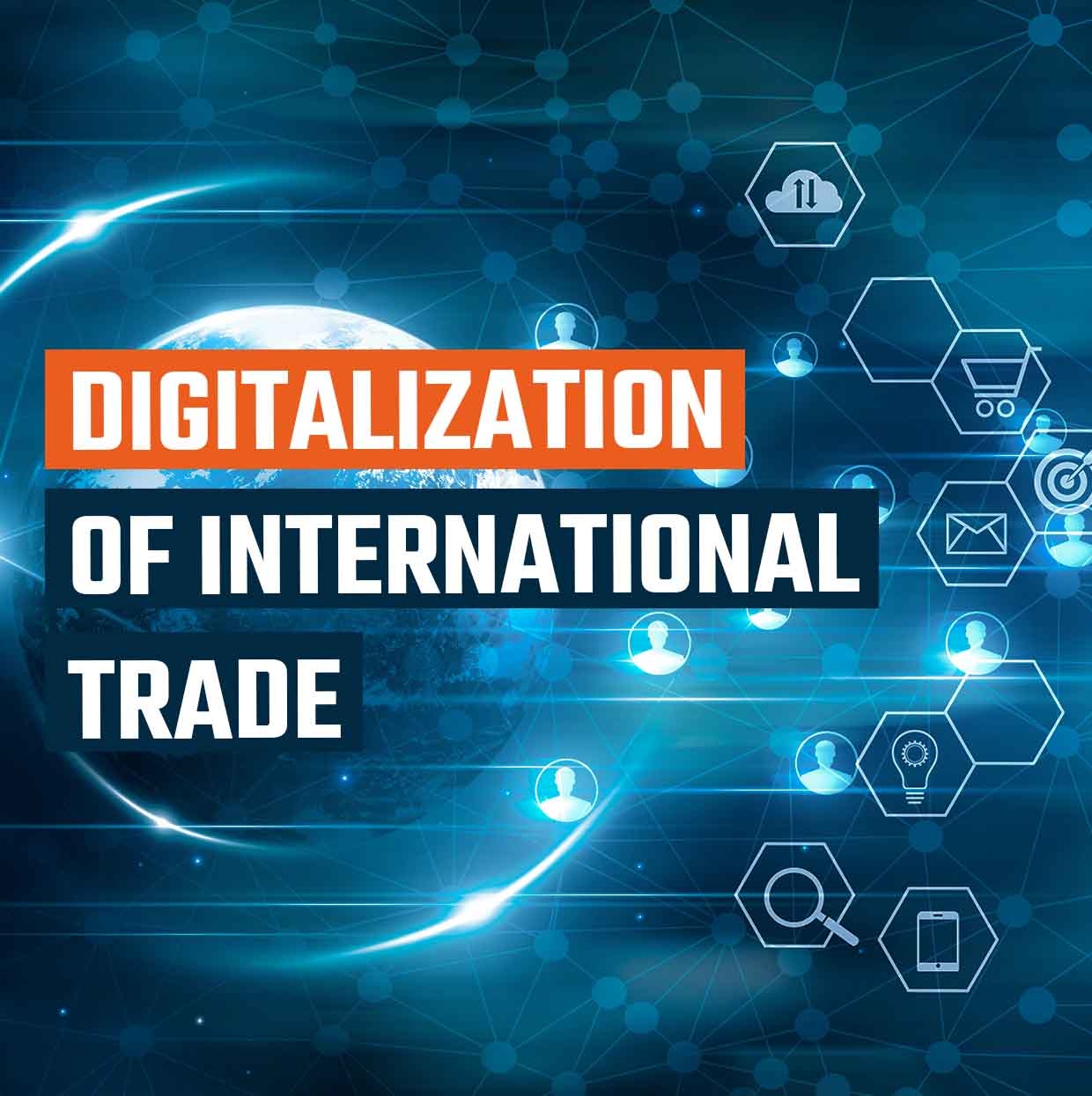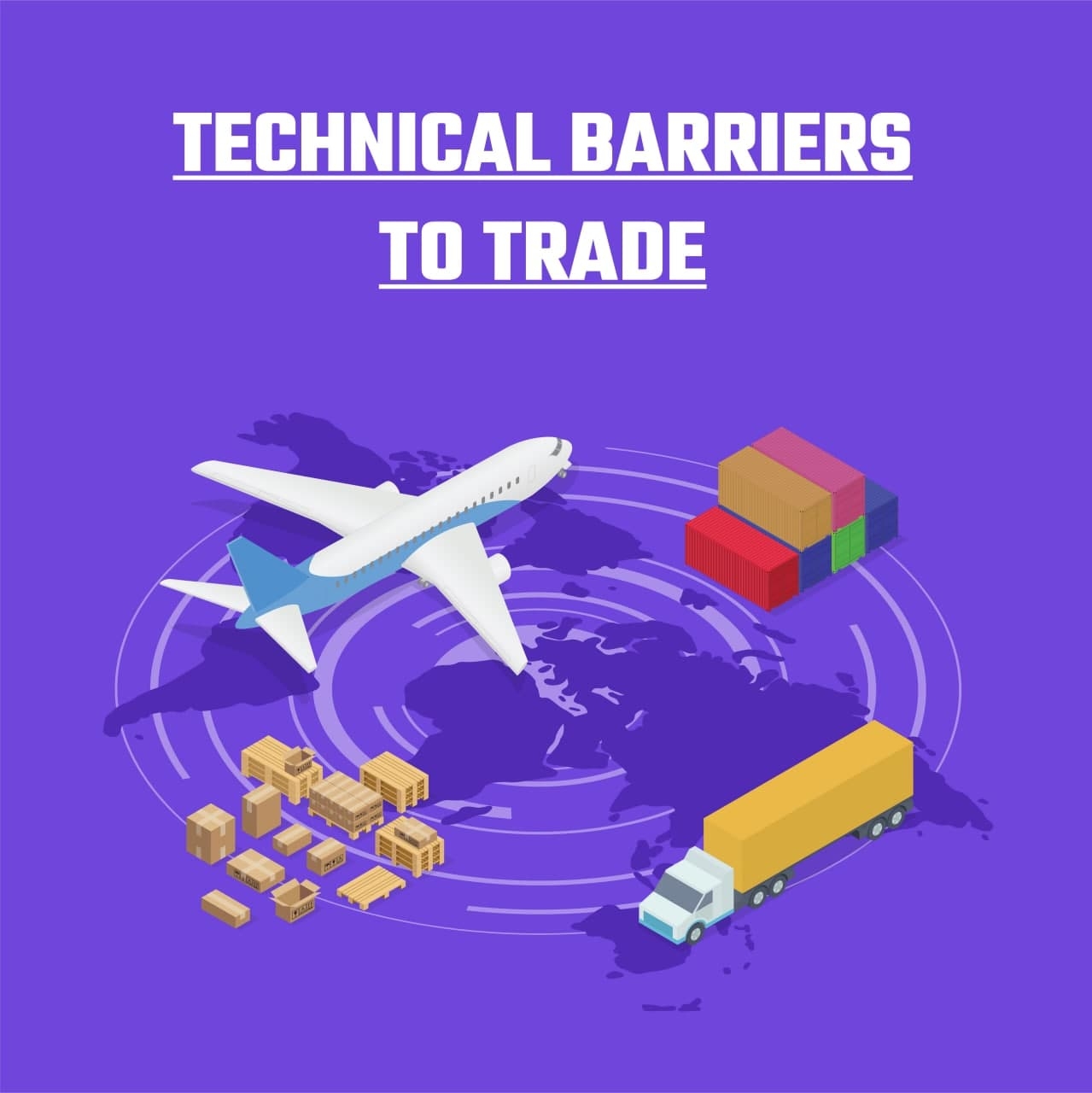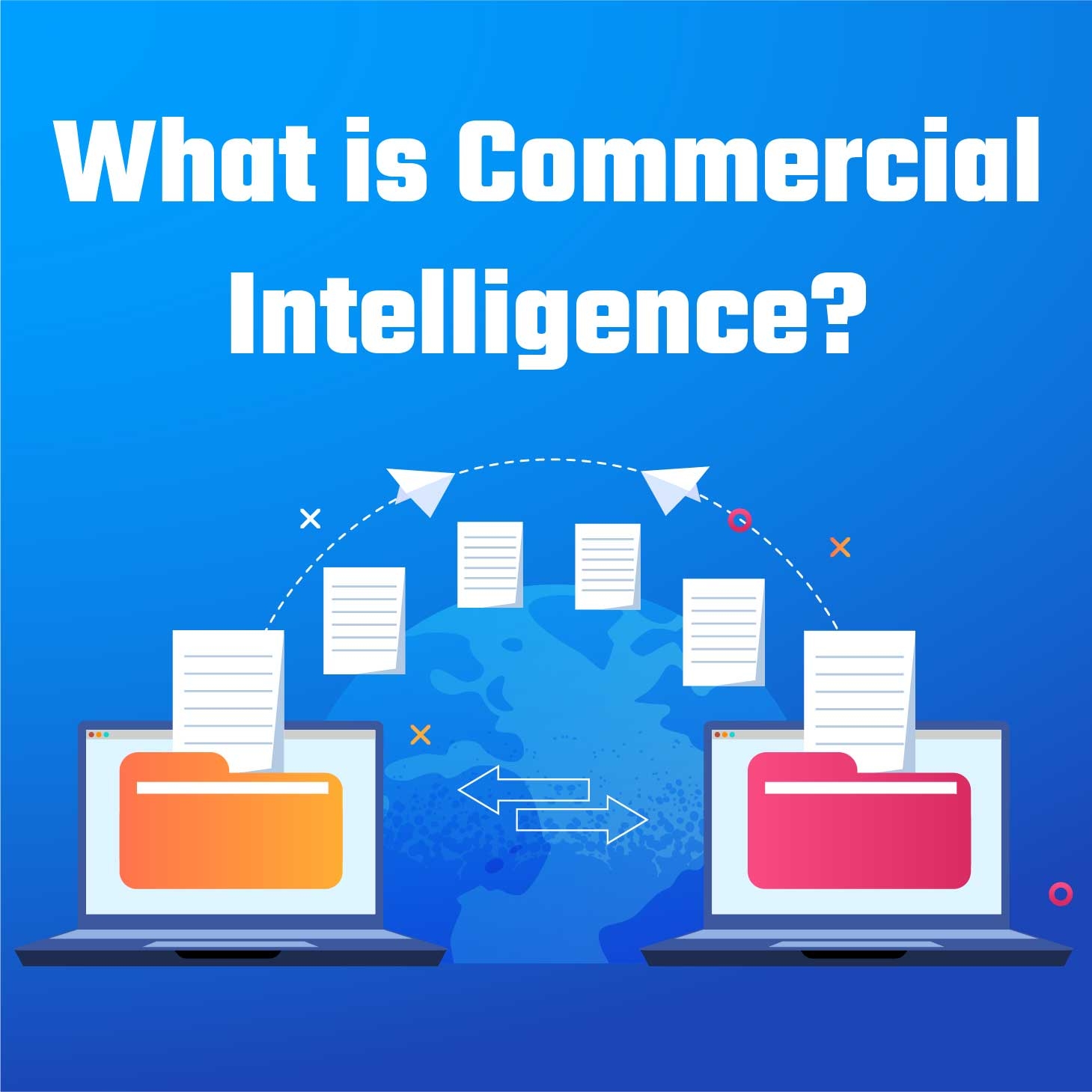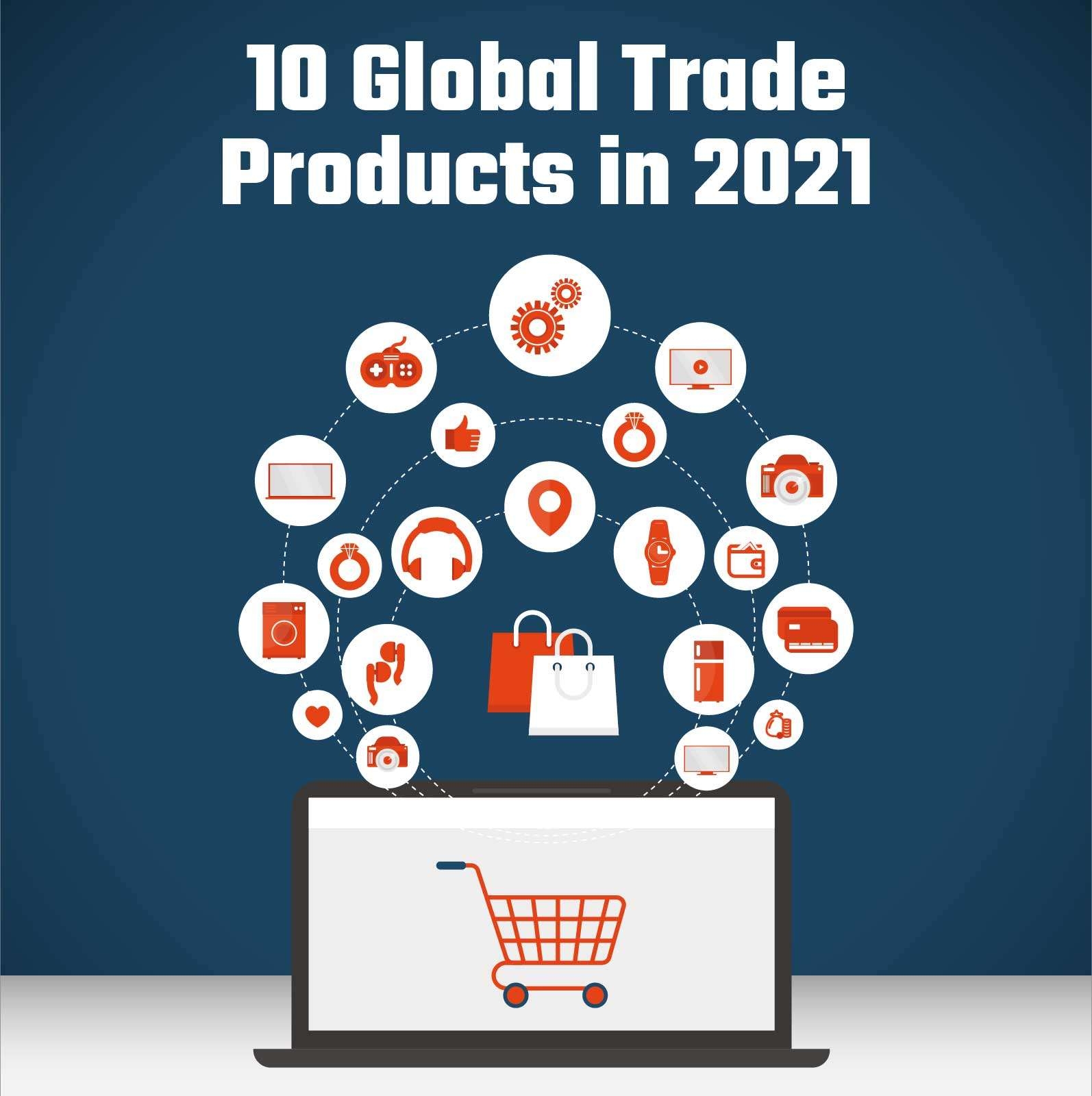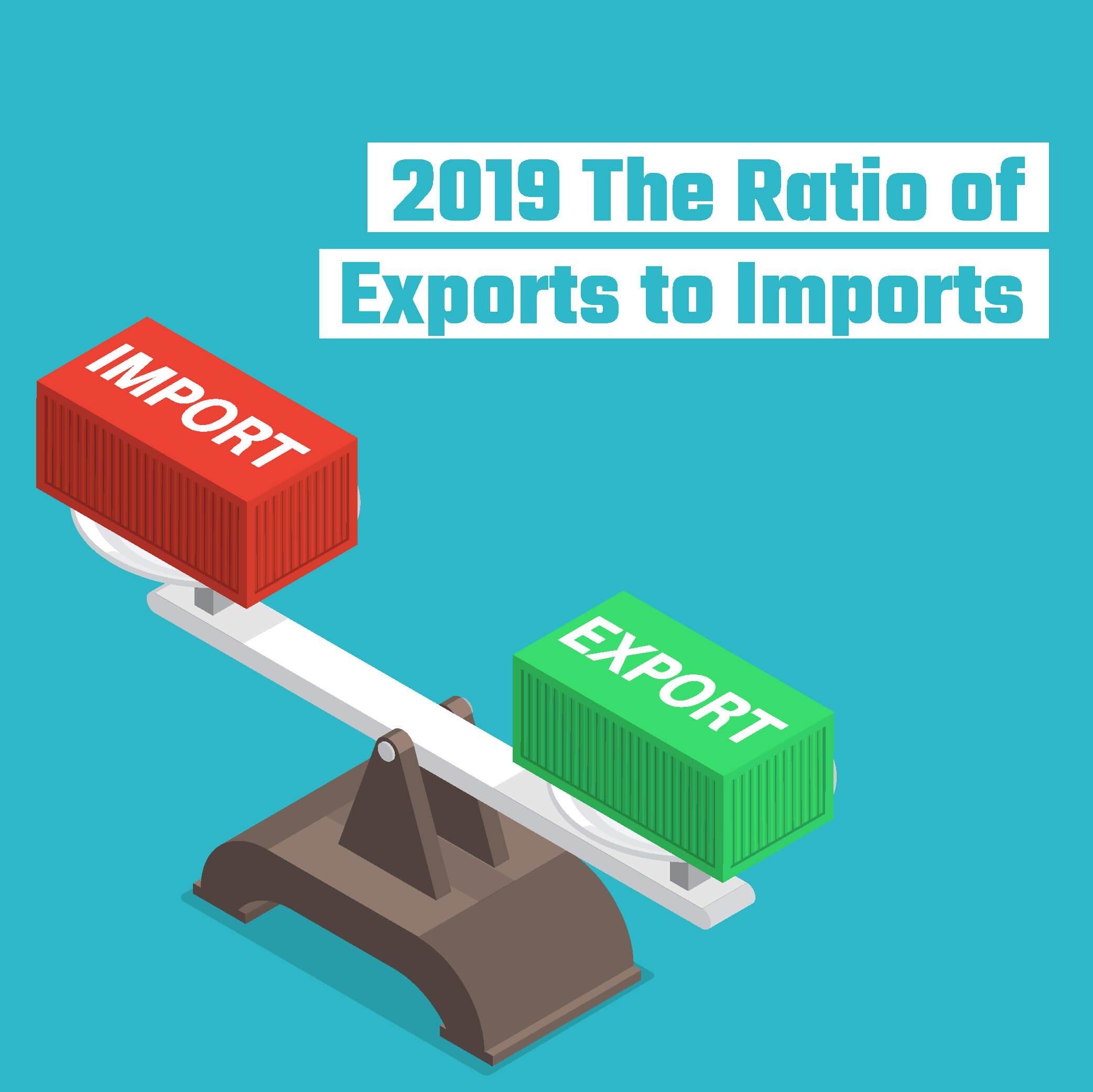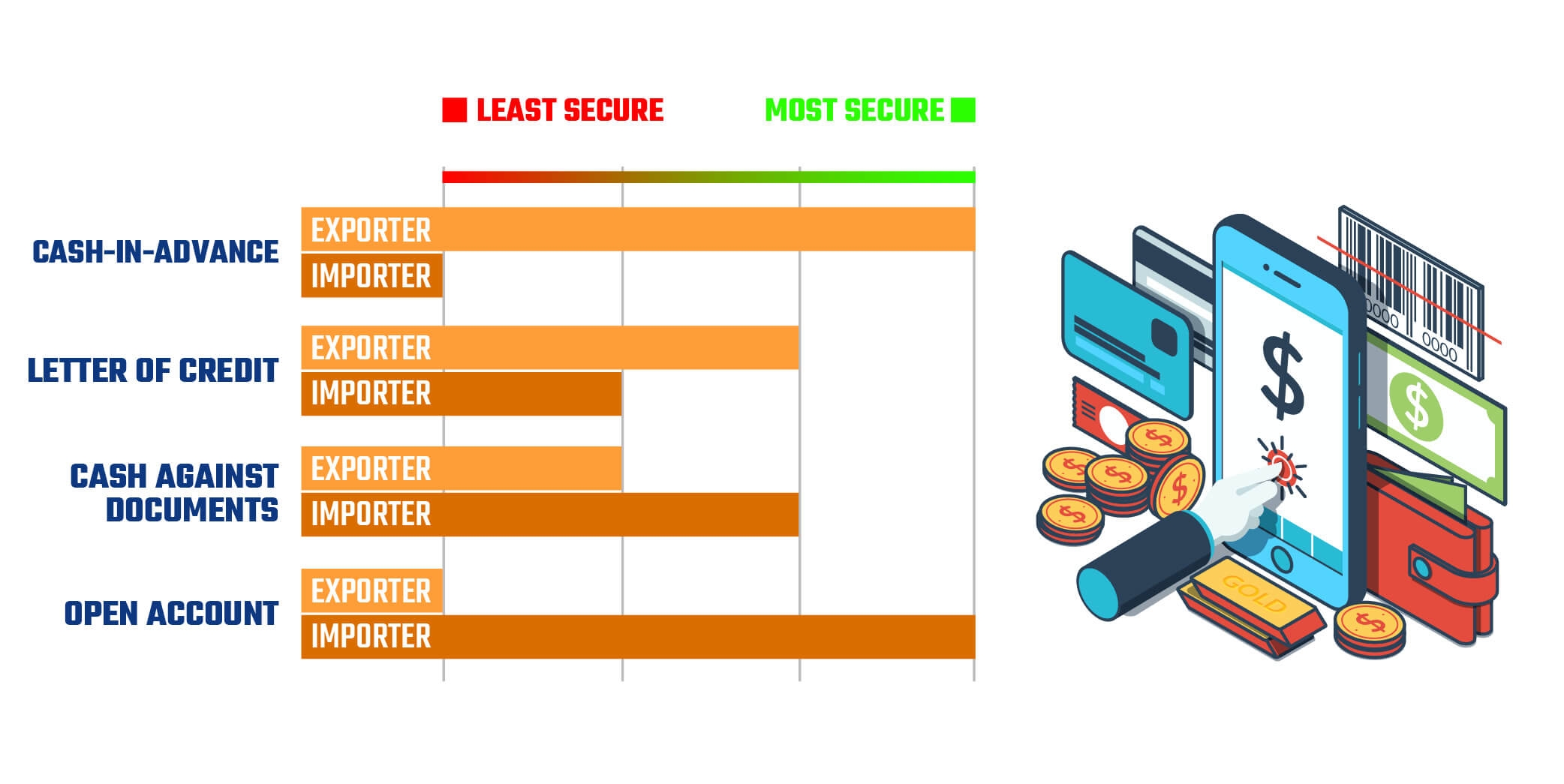What
is Commercial Intelligence?
Commercial
intelligence that helps businesses understand competitive environments,
opportunities and challenges means collecting, analyzing, interpreting
information about competitors, customers, products, and other market factors,
and using them in strategic decision-making processes that can provide
competitive advantage. The collected information is target oriented. After this
information is interpreted and turned into intelligence, it is transformed into
a decision and practice.
What
are the Channels to Acquire Competitive Intelligence?
In
competitive intelligence, data sources are divided into two as primary and
secondary.
1.Primary Data Sources
The
primary data source is a source where data is collected first-hand by the
researcher for a specific research purpose.
- Competitors
- Customers
- Suppliers
- Speeches
- Government officials
- Industry experts
- Presentations
2.Secondary Data
Sources
Secondary
data sources are pre-compiled for various purposes using primary data sources.
- Commercial databases
- Financial reports
- Search engines
- Competitors' websites
- Associations
- Newspapers and magazines
- Ready reports
- Technical and patent documents
- Fairs
- Consultant reports
- Commercial consultancies
Importance
of Commercial Intelligence in Import and Export
The
intense competitive environment in international trade
necessitates the use of commercial intelligence in strategic decisions. The use
of commercial intelligence in all decision-making stages in foreign trade is of
great importance for both companies and countries to increase their
competitiveness.
In
exports, target market determination, target country market research,
target customer and competitor analysis using commercial intelligence, and
target-oriented use of all power and resources thanks to commercial
intelligence help to obtain more effective results with pinpoint exports.
For
good quality, cheap, reliable and sustainable import, it is possible to
determine the importing countries on a world scale, to find potential suppliers
and to make price researches thanks to commercial intelligence.
Increasing
the competitiveness in world trade in imports and exports, saving time and
money with accurate target market determinations, taking steps by knowing the
competitors and the market well depends on analyzing and interpreting the
correct information acquired through commercial intelligence.
Benefits
of Being Ahead in Commercial Intelligence for Competitors and Current
Partnerships
Being ahead in commercial intelligence is of great importance in terms of competitiveness. Using commercial intelligence, it is possible to obtain information about changing market needs, price policies of competitors, new developments in the sector, potential competitors, threats or opportunities that may affect competitiveness, strategies and investments implemented by competitors, short and long term trends, strengths and weaknesses of competitors. Analyzing this information and using it in strategic decision stages provides great benefits in ensuring the continuity and strengthening of the partnerships, acting with the knowledge of the strategies followed by the competitors, meeting the changing market needs and increasing the competitiveness by making correct pricing.
Innovations
and Benefits of Information Age to Commercial Intelligence
Commercial
intelligence experts have spent a considerable amount of time in the past to
manually access, analyze and make decisions based on the information they have
obtained. The possibility of changes in the market at the end of this long
process meant that all these efforts turned into a waste of time and money.
However, with the development of technology and the intense competitive
environment, the fact that commercial intelligence has almost become a necessity
has increased automation in this process.
With
the development of technology, data collection and analysis methods have
changed. The widespread use of the Internet has created a huge data pool.
However, it was still a very time-consuming process to reach the required data
in this crowd of data. With the development of information technologies, B2B
services have emerged that provide data services and enable this data to be
analyzed and made meaningful and useful. Thanks to these services that provide
processed and interpreted business intelligence, it has become fast, easy,
reliable and low-cost to turn to the right markets and to take strategic
activities in these markets.
Trade
Atlas
Some
data provided by TradeAtlas.com to its members;
- New importer information for exporters,
- From which supplier, how much and at what price
foreign importers import,
- Monthly and annual total import value of foreign
importers,
- At what price to which importers foreign competitors
export,
- How much importers import from their competitors,
- Average unit price of exporters' export products in
foreign markets,
- Which companies import a product in a certain
country at most and how often,
- In which period of the year an importer company
imports,
- How much share an importer has in the import of the
country concerned.
As
Trade Atlas, we also process data for the intended purpose and make it more
useful for companies. While doing this, we analyze the data using "big
data" processing techniques, and with the "smart search" feature
on the website, we highlight the importer or exporter company information
sought among millions of companies by using certain parameters. Thus, we
facilitate and safely present searches that require specialization, take time
and may lead to erroneous results if done individually.
Our
member companies determine their target markets more easily, reach the right
customers without wasting time, and follow their competitors better with the
commercial intelligence service and data we offer.
Trade
Atlas is a global importer and exporter search engine that contains 1.5 billion
bill of lading and shipment details data of 17.5 million importer companies in
more than 230 countries around the world. Trade Atlas is with you to accompany
you in taking steps towards becoming a more important part of global trade! To
become part of the global ecosystem, you can register and search for free by
clicking here.


